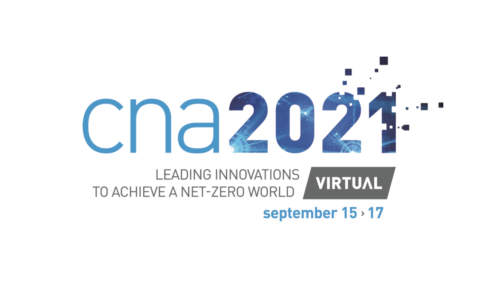
Welcoming Nuclear Waste with Open Arms (and Hearts & Minds)
Last week, Spiegle Online International published a four-part article about a Swedish town where 77% of residents are in favour of hosting a permanent nuclear waste repository. In Part 1 of the article we meet Stefan Edelsvärd, a former history and politics teacher. Edelsvärd says even despite the similarities drawn between the troubled reactors at Fukushima and those at the Formark nuclear power plant, which his vacation home on the beach faces, he has a great deal of confidence the three reactors.
Edelsvärd isn’t alone. The town of Östhammar is home to 22,000 people where one in five jobs is tied to the three reactors at the Forsmark – the youngest of which has already been operating for 25 years. The town has a long and positive relationship with nuclear, so much so that in 2009 they were competing with a neighboring town to be chosen for the site of the permanent repository.
Part 2 of the article looks through a wider lens at the issue of waste storage in near-by Germany. A planned site in Gorleben went awry due to a lack of transparency and ultimately by officials attempting to buy citizens trust instead of earning it through consultation and dialogue. By contrast, in Östhammar the pros and cons were discussed openly. One mother at the public consultation acknowledged “the stuff has to go somewhere,” while another said “the repository creates jobs, and safety is the top priority.”
Part 3, titled “Nuclear Waste Controllable and Not Utterly Objectionable,” talks about the consultative process between Östhammar and SKB, the company which has pursued a repository site since the 1980s. After drafting a short-list of suitable hosting sites, SKB focused on Östhammar as the most ideal due to its earthquake-proof, mostly dry and completely solid bedrock. The consultation process began and continues as the project moves forward, always discussing issues with citizens to reach consensus.
Part 4 addresses suspicions that, frankly, the town of Östhammar must be on the take. This is something Mayor Jacob Spangenberg takes in stride. It’s his job to hold SKB and others accountable to the residents of Östhammar and maintain the established trust. Spangenberg says attitudes towards nuclear hasn’t changed since the situation in Fukushima began because residents have confidence that everything in Östhammar is under control. He feels the community trusts SKB because they have taken the time to explain the science behind the permanent repository plan.
A great benefit of the permanent repository is that the construction work will create 500-600 jobs for about 10 years and, after the site has been filled in, there will another 250 jobs for the next 40 years; in addition there will be numerous spin-off jobs in restaurants, hotels and a training facility for technicians.
What does Östhammar and Canada have in common?
The story of Östhammar provides a good example to any organization or industry that relies on public buy-in (which should be every organization and industry). In Canada, there are public consultations, environmental assessment and licence hearings for every nuclear project. Since the beginning of nuclear power generation in Canada, the industry’s public safety and environmental stewardship commitment has included the safe, secure and responsible long-term management of used fuel.
Currently Canada’s used nuclear fuel is stored initially in secure water-filled bays for 5-10 years, then placed in large concrete and steel dry storage containers, silos or vaults, located at the power plants where it is produced. Radioactive waste facilities are monitored by the operator, federal authorities and by the International Atomic Energy Agency. Read more about the management of used nuclear fuel and waste in Canada here (PDF).
The Nuclear Waste Management Organization (NWMO) was established in 2002 under the Nuclear Fuel Waste Act (NFWA) to investigate collaboratively with Canadians approaches for managing used nuclear fuel over the long term. In 2007 the federal government approved Adaptive Phased Management, a plan which involves the development of a deep geological repository in an informed and willing host community.
This section of NWMO’s website provides an overview of the principles guiding the multi-step process through which potential host sites will be evaluated through a series of progressively more detailed scientific and technical assessments. Several communities have expressed interest in learning more about the project and have begun to consider their interest in hosting the facility. We’ll be following the process along with you, so let us know what you think.

